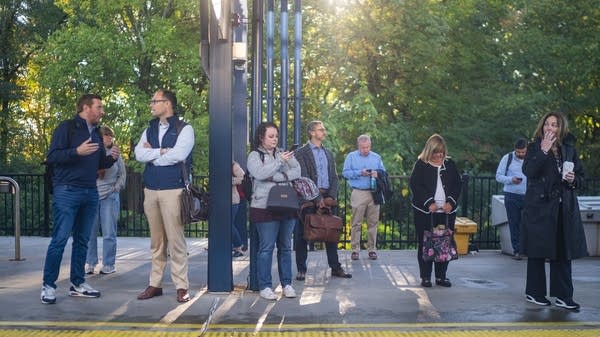For public good, not for profit.
DonateHow the $3 campaign contribution check box on your tax form works
The federal form allows you to contribute to the Presidential Election Campaign Fund. Few people do, and candidates aren’t accepting the offer.
Listen to Our Latest Episodes
Subscribe
- Reading tariff tea leaves in corporate earningsApr 14, 20257:03
- Does "Direct File" have a future at the IRS?Apr 14, 20256:48
- China's Xi Jinping visits Vietnam amid U.S. trade tensionsApr 14, 20256:39
Subscribe
- Is using AI in job interviews cheating?Apr 14, 20258:23
- Etsy's AI curates the search for the perfect thingApr 10, 20257:32
Subscribe
- The God BoxApr 9, 202526:17
- “How We Survive” returns April 9Apr 2, 20253:04
- Burning Questions: Is the future insurable?Jan 27, 202520:03















 Apple
Apple Spotify
Spotify Amazon
Amazon RSS
RSS




